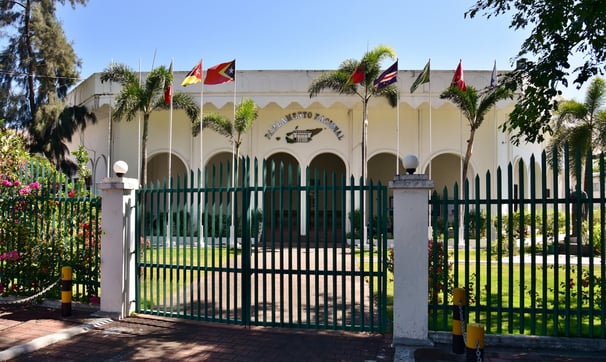National Parliament: Legislative Authority and Democratic Representation
GOVERMENT


The National Parliament (Parlamento Nacional) serves as the unicameral legislative body of Timor-Leste, with 65 members elected through party-list proportional representation for five-year terms.
The National Parliament (Parlamento Nacional) serves as the unicameral legislative body of Timor-Leste, with 65 members elected through party-list proportional representation for five-year terms. This electoral system ensures broad representation of different political viewpoints and regional interests, contributing to the legitimacy and stability of the legislative process.
The Parliament's legislative power encompasses the enactment of laws that directly affect business operations, including commercial law, labour regulations, environmental standards, and taxation policies. The parliamentary process provides opportunities for stakeholder input through committee hearings and public consultations, allowing businesses to participate in the policymaking process.
Parliamentary oversight of government actions and policies serves as an important check on executive power, ensuring that government decisions are subject to democratic scrutiny. This oversight function includes the review of government budgets, examination of ministry performance, and investigation of policy implementation, all of which contribute to transparency and accountability in governance.
The Parliament's budgetary power, including the approval of the State Budget and oversight of its execution, directly affects the business environment through government spending priorities, infrastructure investments, and economic policies. Parliamentary debates and decisions on budget allocations can signal government priorities and create opportunities for businesses in favoured sectors.